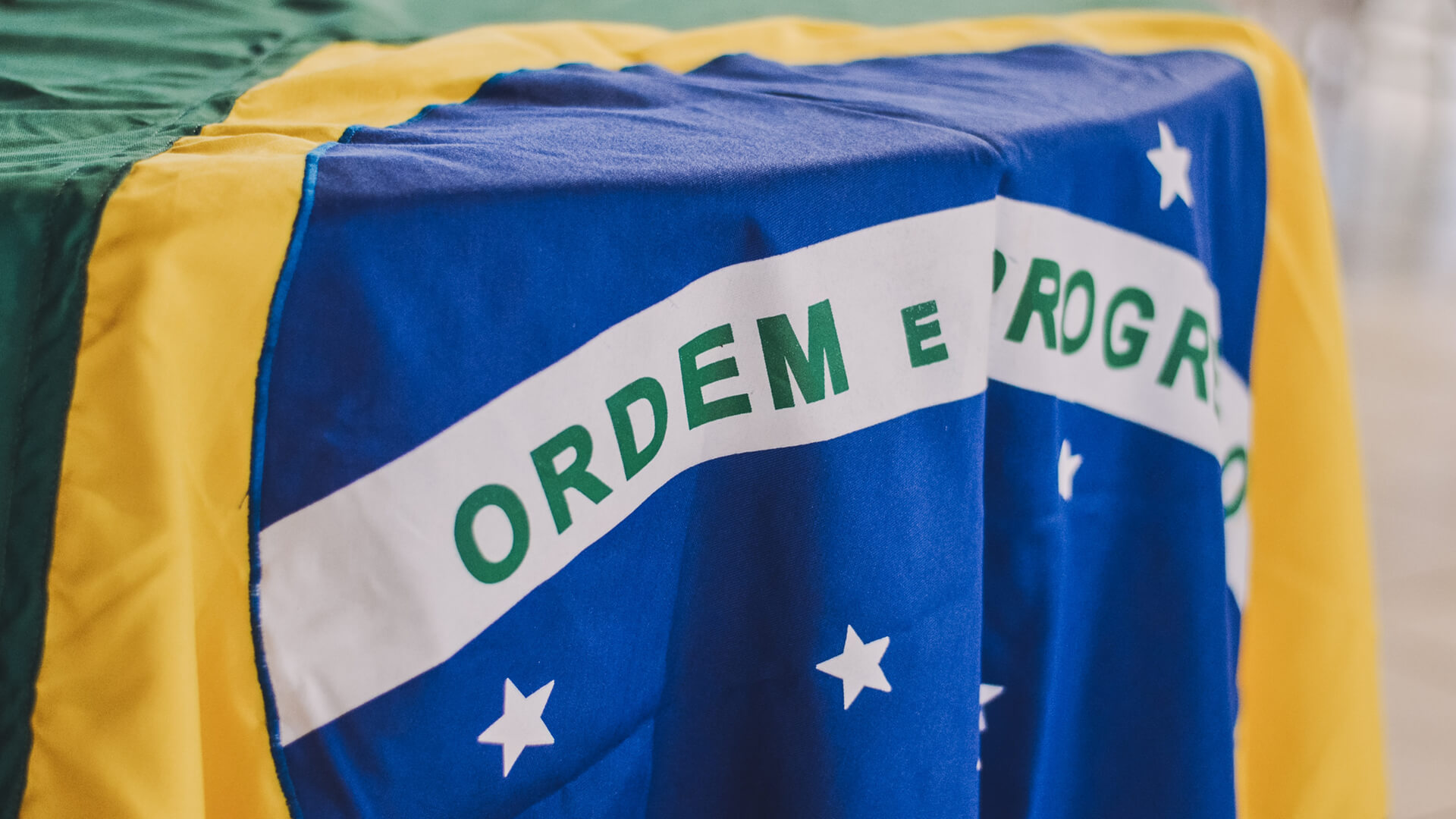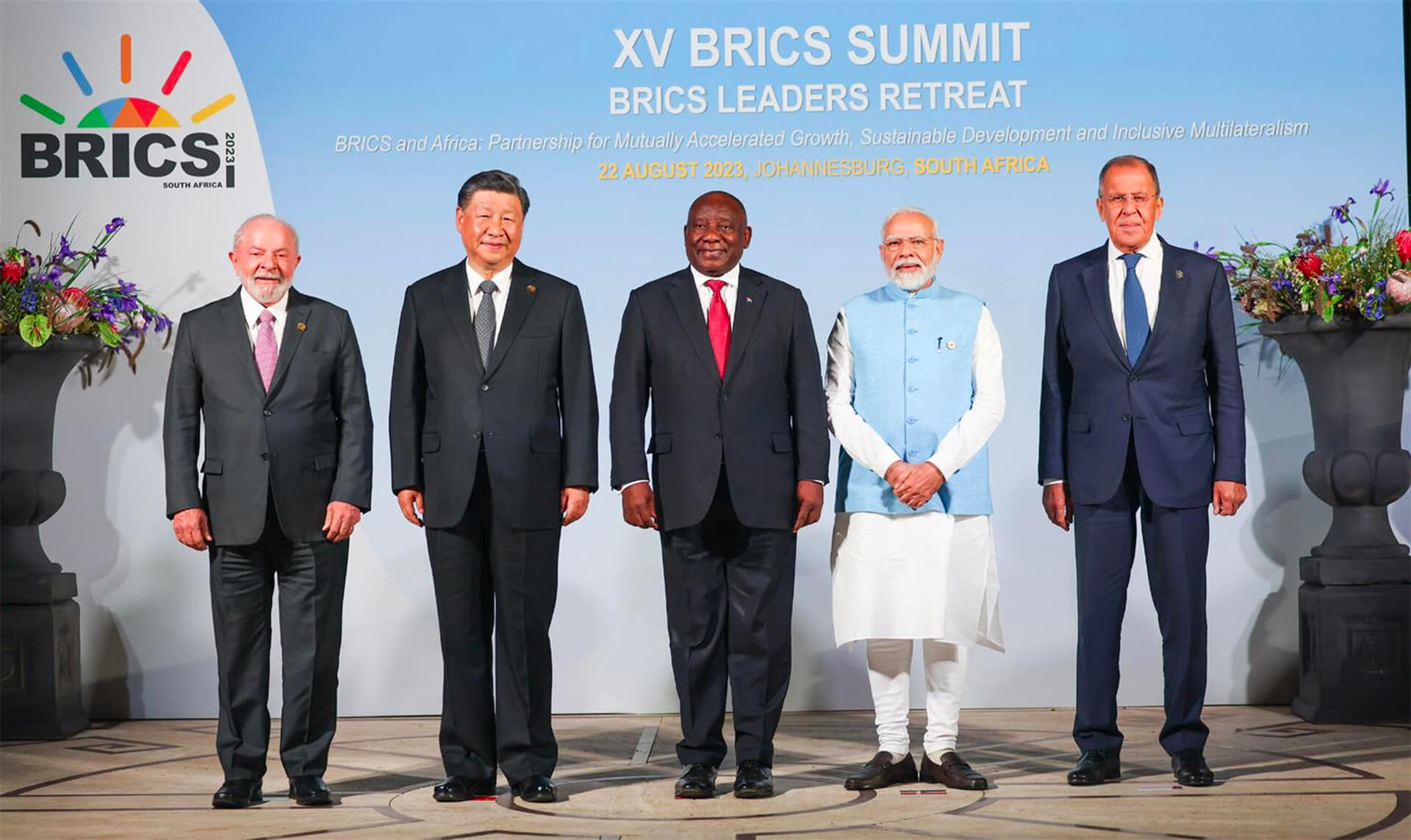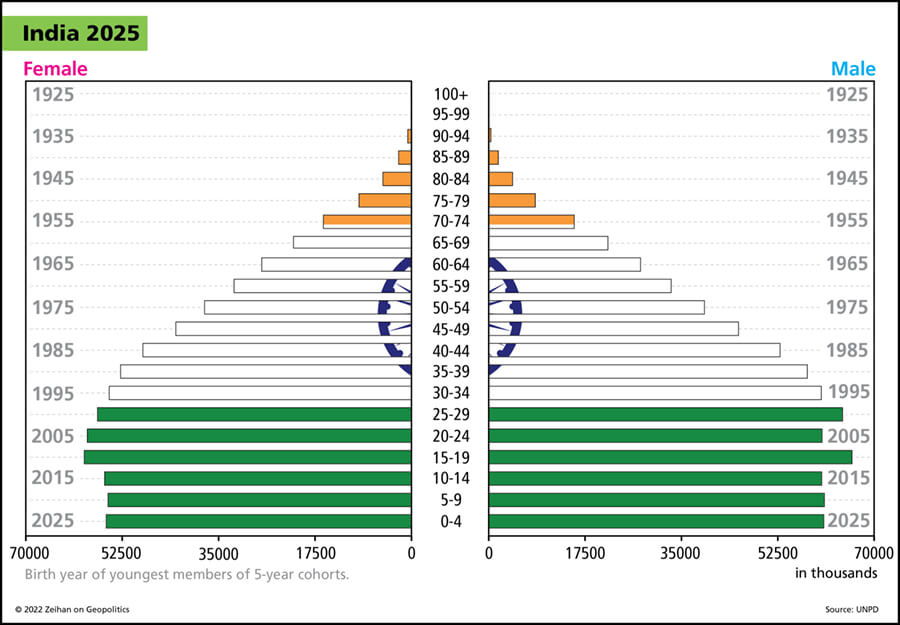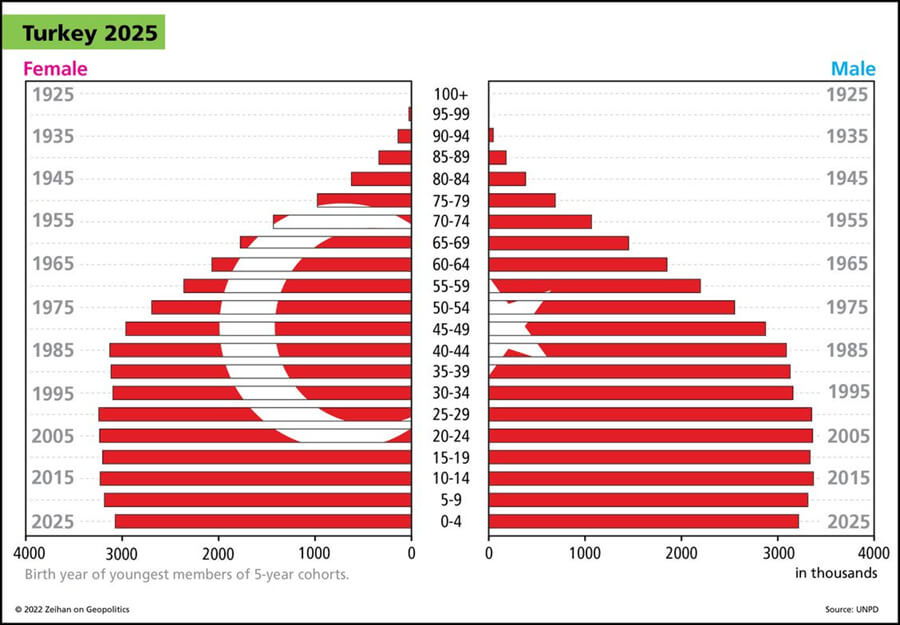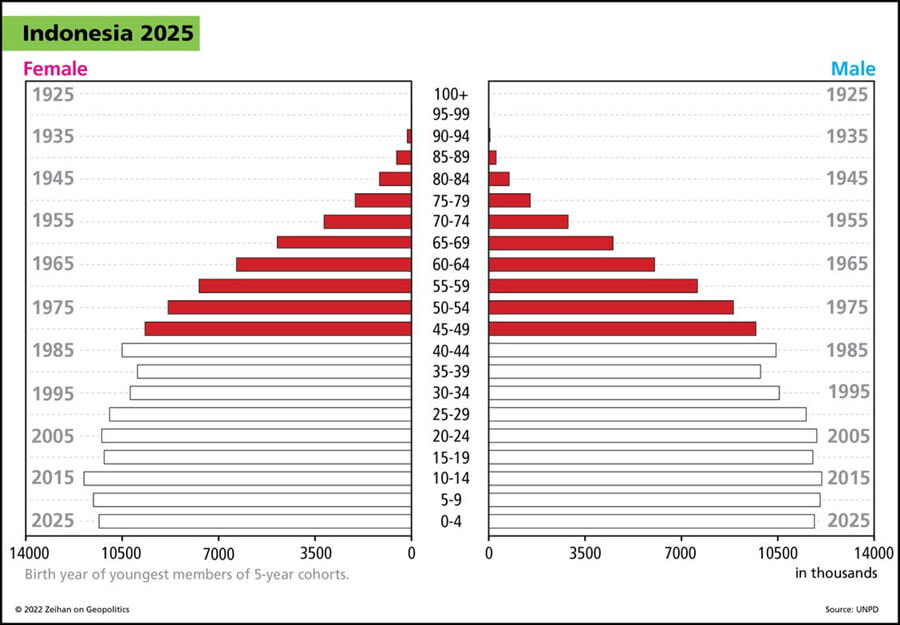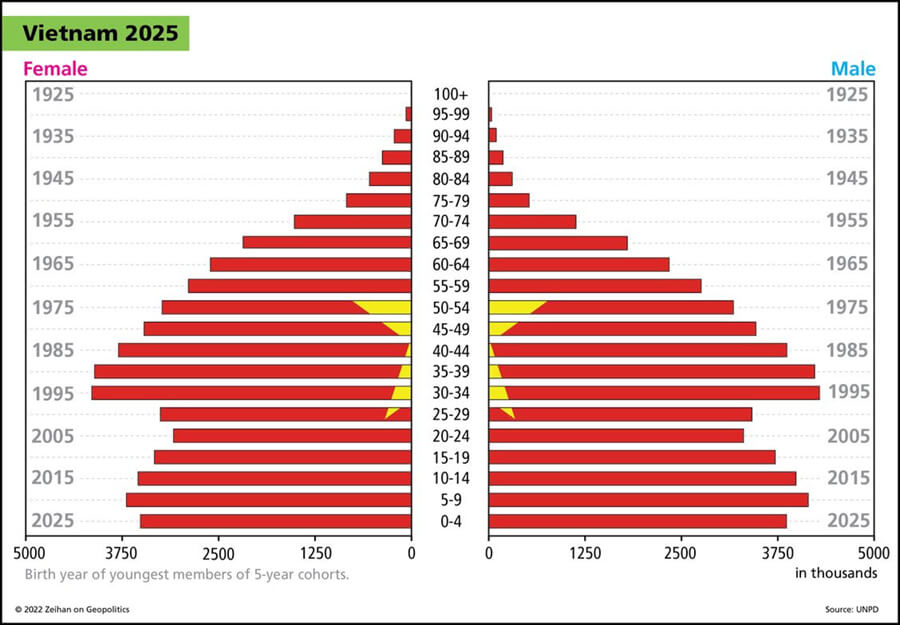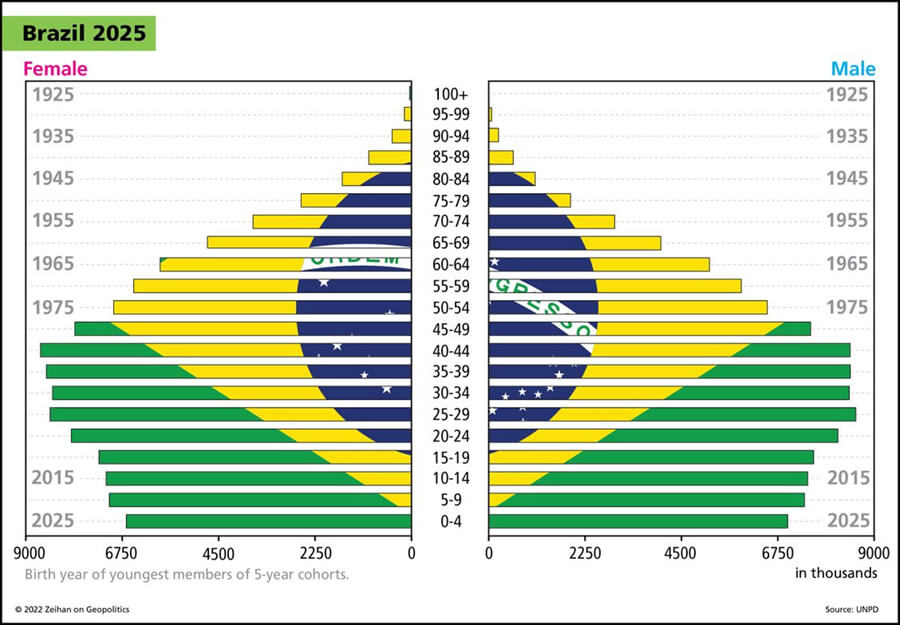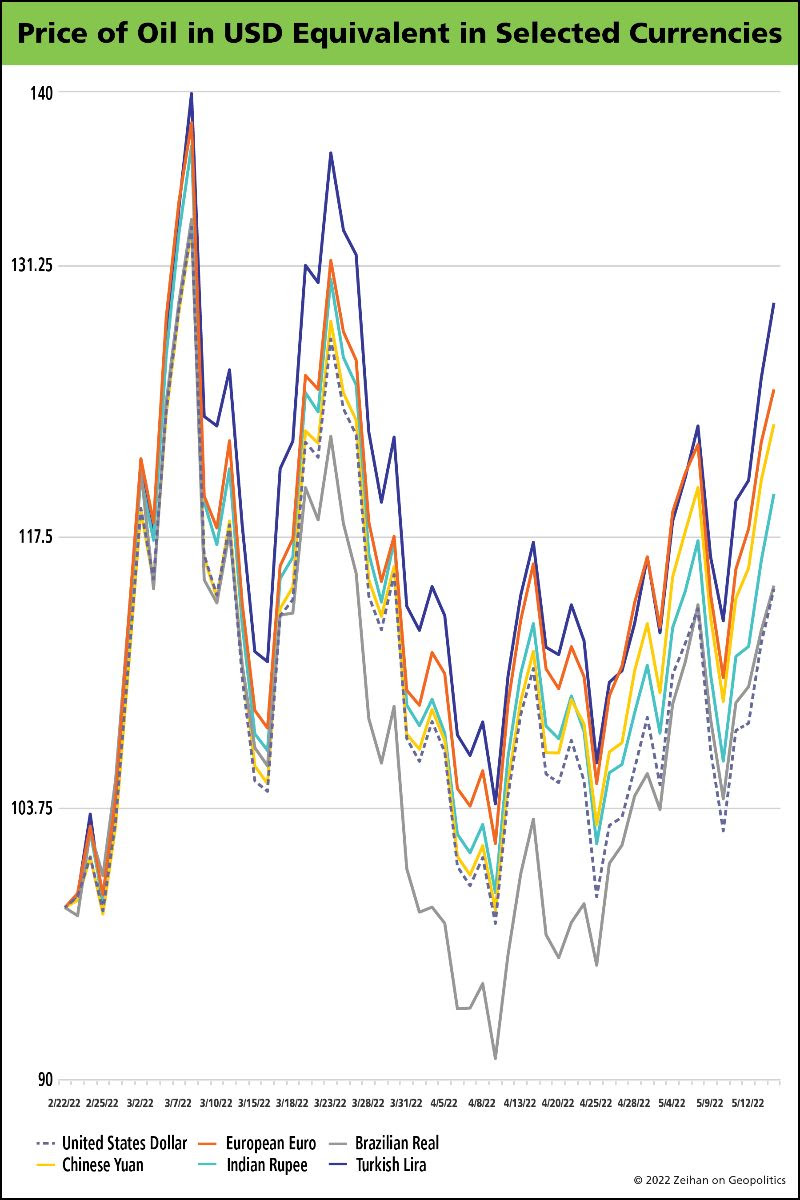Join the Live Q&A on July 30 and We’ll Donate to MedShare!
We’re excited to announce our next Live Q&A for the Analyst members on Patreon on Wed, July 30! Peter Zeihan will be answering a mix of pre-submitted and live questions.
If you’d like to join in on the fun, get early access to the daily videos, exclusive access to the community Discord, daily news digests, and more, click the link below to sign up for the Analyst Tier on Patreon:
Over the past 6 months, we’ve seen Trump use tariffs for everything under the sun. But the Brazilians just got hit with a 50% tariff for an unorthodox reason…because their former president is being prosecuted.
Jair Bolsonaro is facing legal charges for attempting a coup after losing an election. Trump happens to be fond of Bolsonaro, so he’s attempting to use tariffs to get him off scot-free. And no, there’s not a significant trade deficit or high-value imports that can used to justify this away with.
This is a flat out rule of law issue that will come back to haunt the United States for decades to come.
Transcript
Hey all Peter Zeihan here, coming from Colorado. Hiking season! The world won’t leave me alone. Of course. I need to go someplace with less coverage. Anyway. I want to talk about today is we have another, another, another, another 50% tariff going into place, this one against Brazil. Now, Brazil is one of those countries that kind of site and released back on April 2nd when those big game board sheets came out, when Trump announced what the tariff levels were going to be for everybody.
We don’t have the goods deficit that’s we’re talking about with Brazil. So Brazil qualified for the low 10% on everybody tariff. And that’s where it was left. But, last week Donald Trump decided, nope. He is starting to expand his idea that tariffs are good to punish countries that are doing things he doesn’t want, even if they have nothing to do with economic issues.
It is beyond questionable whether this is legal under American law. But until Congress steps up and acts which I don’t anticipate anytime soon, it is what it is. Trump’s reason for putting this 50% tariff on Brazil. We’re going to stop upheld that idea. Trump’s reason for doing a 50% tariff on Brazil, is that the Brazilians are in the process.
Brazilian government is in the process of prosecuting a guy by the name of Bolsonaro, who’s a former president who attempted a coup after he lost an election. Sound familiar? Anyway, Trump is saying that unless the prosecution stops and Bolsonaro is allowed back into the political system, that this tariff will go into place. Now, we do buy a bunch of things from Brazil, but it’s mostly relatively low value added commodities, some really crappy beef, some agricultural products, things like iron ore.
Brazil is a very low value added economy. And Trump, on ideological grounds for a mix of reasons, finds himself allied with Bolsonaro and opposed to, Lula, who is the current president who hails from the left side of the political spectrum, whereas Bolsonaro is from the right. It’s, it’s a messy comparison. Brazilian politics are significantly different from the United States, so don’t over, over under those two hoods.
Anyway, I for a long time have not been a fan of Lula, but not because of rule of law issues. He’s anti-American to the point that’s borderline pathological and is willing to even sell his own country down the river in order to achieve a degree of independence from the United States. Which is just dumb, in my opinion.
So, for example, when he was president the first time around, he basically invited the Chinese in to form joint ventures with everything that the Brazilians were doing. And throughout the 70s, 80s and 90s, the Brazilians actually made a lot of progress in moving up the value added scale.
Their oil company, Petrobras, is one of the world’s best, especially a deepwater. They had a construction company that was world class, and they had a really dense concentration of midsized companies that were really pushing the technological envelope in all of their products, and they were globally competitive. Well, the Chinese formed joint ventures with all of these companies, stole all the technology, took it back home, subsidized the crap out of building an alternative industrial plant, and then drove all the Brazilian producers out of business.
Strategically stupid, economically stupid. But what’s going on with Bolsonaro is something different. This is a rule of law issue. When Trump did his little attempted push back in 2020. Yeah. 2020, he eventually got away with it. And he eventually returned to power and pardoned everyone who was basically a coconspirator. Bolsonaro hasn’t had that kind of advance.
He was both smarter and dumber, smarter. And that he learned from Trump’s failure back in 2020 and went for a much more direct assault on the Brazilian Congress, trying to basically take it out of the equation. And then when that didn’t work, he fled the country, came coming to Florida, ironically, which was like much better attempt and much better demonstration of actual guilt.
So no one in Brazil really thinks that this case is going to go anywhere except for with Bolsonaro in jail, unless he’s pardoned in order to say he’ll the political spectrum. Anyway, for Trump, this gets a little bit too close to home. And so he’s now threatening Brazil, with economic retribution for their rule of law commitment.
Now, for those of you who don’t follow Latin American politics all that much, Latin America overall is new to democracy and is new to rule of law. Most of the countries back in the 60s, 70s and 80s, were military dictatorships. And when those dictatorships fell and in many cases, like in Brazil, actually actively turned over power to the civilian system, it went fairly smooth.
The problem has been maintaining the center of the state so that law enforcement can work, because when you go from a system that’s pretty corrupt with a bunch of colonels and generals basically calling all the shots and getting whatever they want to a system that’s much more free form, it takes a while for law enforcement to kind of step in the gap when the military steps back and to reassert a degree of security.
And Brazil in particular, has had a problem with that. And so it has some of the highest crime rates in the world. So most American foreign policy since that transition, which happened in the late 80s and into the 90s, has been focusing on encouraging rule of law across Latin America. Whenever can happen. And you can find a lot of faults in American foreign policy in any region, specifically Latin America.
But I would argue that it’s been broadly successful on at least this one point. And so to have the American president now trying to go ramshackle the opposite direction and ripping up rule of law, is a horrible idea. Because if your goals are to get Latin American countries to assist with enforcement of U.S. immigration preferences and to assist with limiting the amount of narcotics can can come from Latin America to the United States, you need a relatively strong state and knocking over the rule of law at the top is arguably the dumbest thing that you could do.
And yet, here we are.

